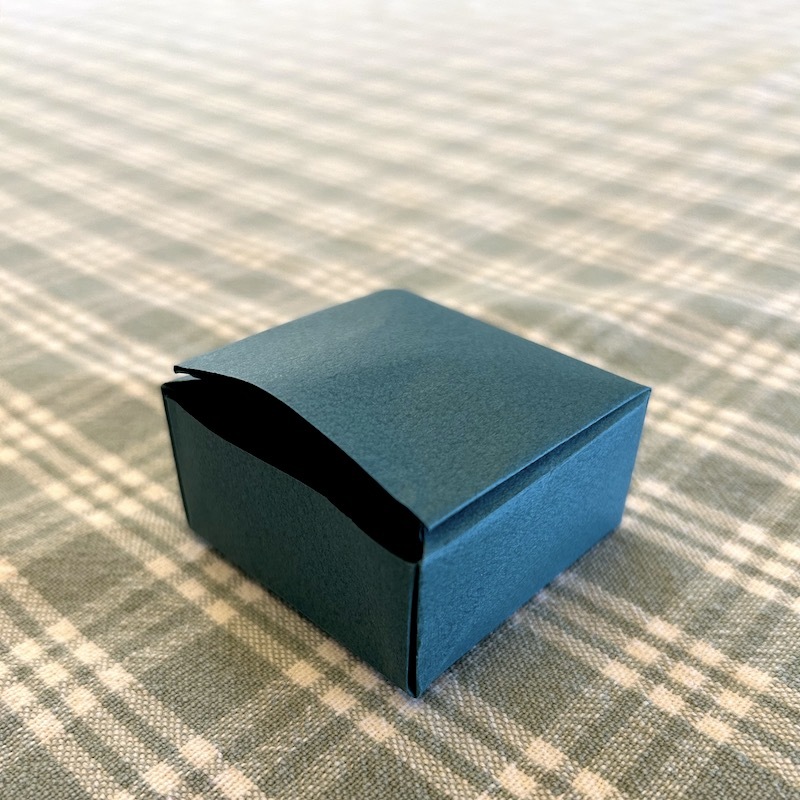Recent reading
By Marsh and by Moor by Annick Trent (2025). Oh, dear.
So, to start with the things I did like: I've said before in some of my Hornblower reviews that I could wish for a story about some ordinary seaman who was pressed into the navy and experiences its cruelty and injustice and hates it and eventually escapes and gets a happy ending, and this is that story, or at least the last part of that story! The book opens with one half of the main couple, Jed Trevithick, washing up on the shore of the Bristol Channel having deserted from what I think is actually one of Hornblower's own ships shortly before Hornblower takes charge of it. Here he meets Solomon Dyer, the other half of the couple, and they go on the run from the still very much active press gang together. I appreciated this setting and the general sort of historical detail and background that Trent is always good at.
The rest of it:
And, to be fair, one of the problems was my own fault for misunderstanding the promotional blurbs: I was expecting smugglers and there were no smugglers, and that was disappointing! In general I felt the book didn't really have the excitement of a proper adventure novel, but of course it isn't an adventure novel, it's a romance novel, so it's an unfair standard.Anyway: so I was getting into the middle of the book, enjoying it on the whole but feeling mildly annoyed by some things the way I often am when trying to read modern romance novels: the relationship is insecure and untrusting and yet the whole thing is also really nice in a grating way, it's like turning my id inside out; the sex scenes are annoying; there are occasional lapses in historical-feeling language. The rather tediously moustache-twirling abusive ex—who also shares Christopher Drawlight's job leading young gentlemen into financial ruin and, just in case we didn't realise he's bad, also embezzles charitable funds; he probably kicks puppies too—didn't help matters. But what really didn't help matters was—look, I knew the author had compared this book to Jamaica Inn, but I don't think I really believed it because I do quite like Trent's previous books; and then going on through the book I realised there were actually several deliberate references being made and went, ugh, why are you making references to that piece of trash, and was more annoyed. And then we got to the ending, and... To be maximally fair to Trent, the ending of this book is not nearly as bad as the ending of Jamaica Inn and I would not have reacted so strongly against it if it hadn't been so obviously a deliberate homage. But the ending of Jamaica Inn is so bad that the only possible 'homage' is a complete repudiation; you can't do 'the same thing happens, but in a slightly different way so it's good now'. As it was the whole thing was just a nice reminder that the things that repel me in het romance can, done well enough, repel me in m/m too. No, Jed, cried I! Life has changed, but the things that mattered to you before can and should still matter, despite the specific and convenient contrivance about your sister; I believe they did, and you should not throw them all over for a completely different life wrapped up in your new love interest! Do NOT commend all the rest, though fair and wise, to cold oblivion even if you are gay!! I don't know; I see what Trent was trying to do, I think; but relationships between characters and places mean a lot to me, and I can't look at this one being held out as supposedly important all through the story and then crushed so cruelly in favour of a romance which already has the upper hand and accept it as a happy ending.
(Look, if you had to then the least you could have done was also include a creepy-looking disabled character who's just a person and isn't evil.)
(There's also the bit where Solomon betrays Jed—actually betrays him in a way so brazen I read it and went, ha, there's no way you actually had him do that, there'll be a twist and a clever plan, right? and then there... wasn't? He hoped he'd be able to manage something to help Jed escape but that was it, and events prove he was in fact wrong to hope so, and the twist/clever plan by which they actually end up escaping is unrelated. And, no, I don't think that's the sort of thing you forgive your love interest for after one conversation or ideally ever, actually!)
Cakes and Ale by W. Somerset Maugham (1930). This is a fascinating bit of outsider POV writing, and also of writing about writing. It's narrated in first person by the author Willie Ashenden (who shares his name with, and may actually be (?), the protagonist of some spy stories Somerset Maugham also wrote; Wikipedia tells me the spy character is also a novelist and that WSM himself worked for the Secret Service during WWI)—anyway, whether or not he's a spy, Ashenden is contacted by a writer acquaintance, Alroy Kear, who is preparing to write a biography of a third, recently deceased writer, Edward Driffield, at the request of Driffield's widow. Ashenden knew Driffield earlier in life and Kear hopes that he can provide some material. But his recollections of Driffield, and especially of Driffield's first wife Rosie—which he proceeds to set before the reader at some length—are not quite the suitable biographical material for which Kear and the second Mrs Driffield were hoping. I enjoyed WSM's prose—he has that early twentieth-century precision and fluency of vocabulary and sentence structure without the density and sometimes difficult intricacy of earlier writers—and the practical and social (sometimes downright gossipy) details about the lives and careers of writers at this period. (I enjoyed the dig at Aspects of the Novel, agreeing as I do that the best, if not quite the only, way to write novels is indeed like Mr E. M. Forster.) But the book is also a more serious examination of the relationship between life and writing, and the final chapter is an excellent twist/payoff of what you didn't realise at the time was foreshadowing/reframing of things referred to apparently casually earlier on, which makes it an even more interesting one.
















